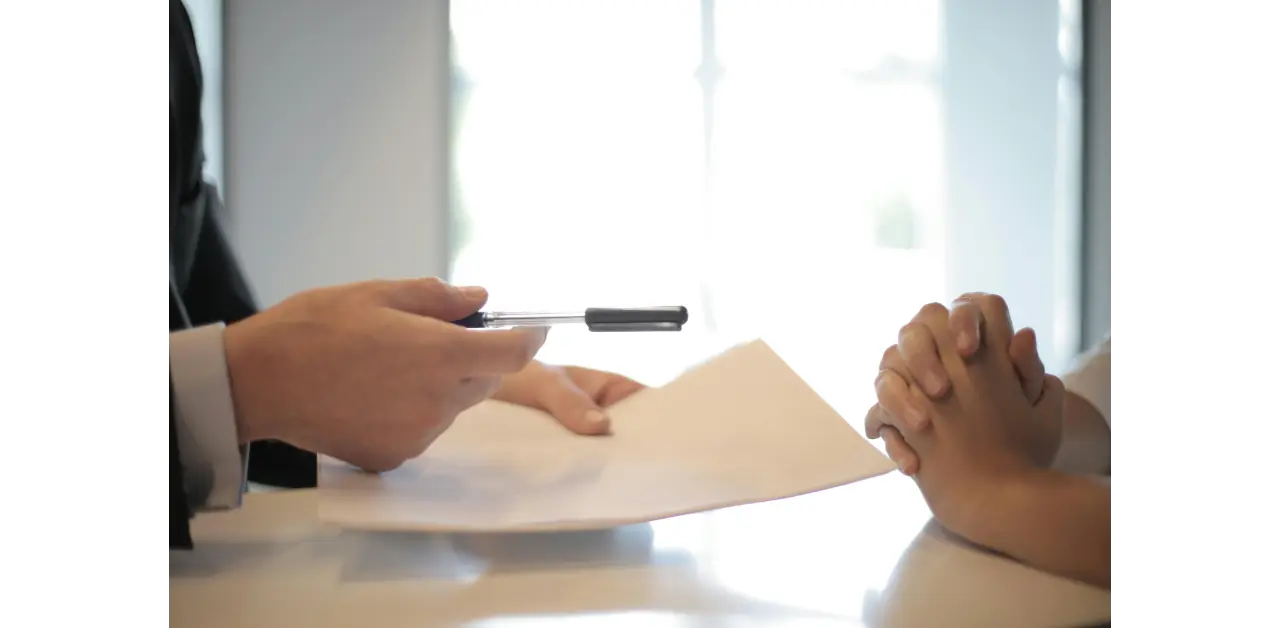In the realm of property transactions, various legal documents play crucial roles in facilitating transfers of ownership rights. One such document that holds significance, particularly in cases involving family settlements, property partitions, and inheritance arrangements, is the Relinquishment Deed.
In this article, we delve into the intricacies of Relinquishment Deeds, exploring their definition, purpose, legal requirements, and implications.
What is Relinquishment Deed?
A Relinquishment Deed is a legal document through which an individual voluntarily surrenders or relinquishes their rights, interests, or claims over a property in favor of another party. Key aspects of Relinquishment Deeds include:
- Meaning and Purpose: A Relinquishment Deed serves as a formal acknowledgment of the relinquishment of rights by one party in favor of another. Its primary purpose is to facilitate the transfer of property rights and ensure clarity and legality in such transactions.
- Parties Involved: The parties involved in a Relinquishment Deed typically include the relinquisher (the individual giving up their rights), the recipient (the individual receiving the relinquished rights), and any other beneficiaries who may be affected by the relinquishment.
- Transfer of Rights: Through a Relinquishment Deed, the relinquisher effectively transfers their legal rights, interests, or claims over the property to the recipient. This transfer is voluntary and typically occurs without any coercion or undue influence.
- Legal Requirements: Like other legal documents, Relinquishment Deeds are subject to certain legal requirements, including execution formalities, stamp duty payment, and registration with the appropriate authority. Compliance with these requirements is essential to ensure the validity and enforceability of the deed.
- Scope of Application: Relinquishment Deeds are commonly used in various scenarios, including family settlements, property partitions, and inheritance arrangements. They provide a formal mechanism for individuals to voluntarily surrender their rights over properties to other parties.
Parties Involved
The parties involved in a Relinquishment Deed typically include:
- Relinquisher: The individual who voluntarily surrenders their rights, interests, or claims over the property.
- Recipient: The individual who receives the relinquished rights from the relinquisher.
- Other Beneficiaries: In cases involving family settlements or inheritance arrangements, there may be other beneficiaries who are affected by the relinquishment and whose interests need to be considered.
Legal Requirements and Formalities
To ensure the validity and enforceability of a Relinquishment Deed, certain legal requirements and formalities must be adhered to, including:
- Execution Formalities: The deed must be executed in accordance with the relevant legal formalities, such as signatures of the parties involved and attestation by witnesses.
- Stamp Duty and Registration: Payment of stamp duty and registration of the Relinquishment Deed with the appropriate authority is mandatory to make it legally valid and binding.
- Compliance with Local Laws: Compliance with local laws and regulations governing property transactions is essential to avoid any legal complications or disputes.
Scope of Application
Relinquishment Deeds find application in various scenarios, including:
- Family Settlements: In cases where family members wish to redistribute property rights among themselves as part of a settlement agreement.
- Property Partitions: When co-owners of a property decide to divide their interests and allocate specific portions to each other.
- Inheritance Arrangements: To formalize the relinquishment of inheritance rights by certain beneficiaries in favour of others.
- Key Considerations
When dealing with Relinquishment Deeds, several key considerations must be taken into account, including:
Voluntariness of Relinquishment: The relinquishment of rights must be voluntary and without any coercion or undue influence.
Implications on Property Ownership: The relinquishment of rights may have implications on property ownership and may affect the rights and interests of other co-owners or beneficiaries.
Impact on Inheritance Rights: In cases involving inheritance arrangements, the relinquishment of inheritance rights may impact the distribution of assets and the entitlements of other beneficiaries.
Legal Counsel and Advice: Seeking legal counsel and advice is crucial when drafting and executing Relinquishment Deeds to ensure compliance with legal requirements and to protect the interests of all parties involved.
Conclusion
In conclusion, Relinquishment Deeds serve as important legal instruments in property transactions, particularly in cases involving family settlements, property partitions, and inheritance arrangements.
Understanding the legal requirements, implications, and considerations associated with Relinquishment Deeds is essential for all parties involved to ensure the smooth and lawful transfer of property rights. Legal counsel and guidance play a vital role in navigating the complexities of Relinquishment Deeds and safeguarding the interests of individuals and families involved in such transactions.




Leave A Comment